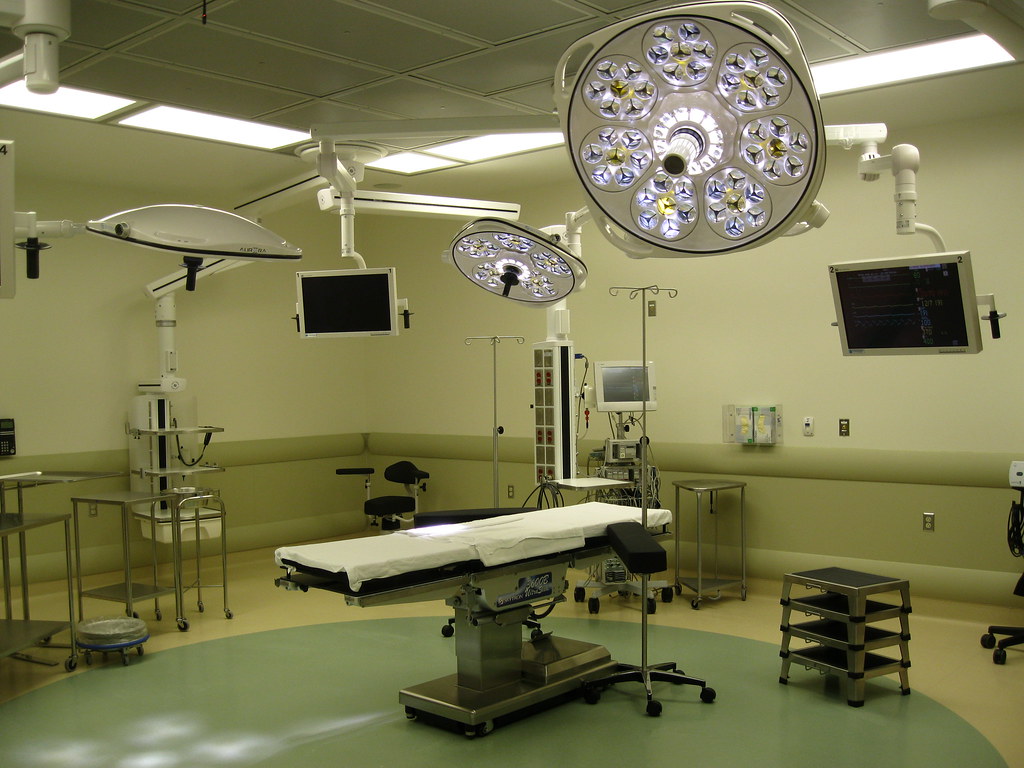The day of the surgery

Before entering the Operating Room (OR)
The nurse in charge of the OR will ask you about several safety issues, for instance: possible allergies and the situation of your oral intake. She will check the prevention measures of venous problems in your legs. If you were taking chronic antiplatelet or anticoagulant medication, the nurse also will ask you about when you stop taken it. Although these or other similar questions can be repetitive, they are very important for your safety during the procedure.
Your surgeon will make sure everything is ready and will explore you again and mark your skin with a pen to highlight the side of your body where your operation will be.
Then you will be brought into the operating room, where everybody will be getting ready for your procedure.
During the procedure
During surgery, your family will be instructed to wait in the local facilities available as waiting area in your hospital. These facilities can be located in or out of the surgical area. It includes the possibility of waiting in your room at the ward.
In some centers, no information is given to the family during the procedure. If this issue worries you, ask your nurse at arrival to clarify the local rules. Once the intervention is finished, the surgeon will inform the person or family you have agreed upon.
There is no definitive time for every procedure. Usually, surgeries are scheduled in hours. Your surgeon will inform you about the expected timing. Sometimes procedures are faster or longer than expected. Normally neither situation means a risk for your health. In certain circumstances, surgery may be prolonged due to unforeseen events and everything necessary to control them during the surgery.
Immediate postoperative period
After surgery, you will wake up in the recovery area.
Depending on the local policy of your hospital, your family will be allowed to visit you there or not. Remember asking your nurse about the local rules in advance.
While recovering, slowly, you will discover the position of the wound or wounds, a thoracic drain coming out of the operated chest, an oxygen mask to help you breath, a bladder catheter for global fluids control, intravenous fluids and medication, the catheter for the regional pain control and the rest of elements for adequate monitorization as required.
Again, depending on the local policy of your hospital and your health situation, you will spend a minimum of 1 hour in the recovery room before being transferred to the ward. Normally, if the time spent in this unit is longer, you will start performing respiratory exercises. For instance, you will be asked to work with the inspirometer you were provided before.
Occasionally, patients are admitted to the surgical ICU if they require more thorough monitoring for different reasons. Your surgeon and your anesthetist will inform you of this requirement before surgery or once at the recovery room having a serious complication appeared.